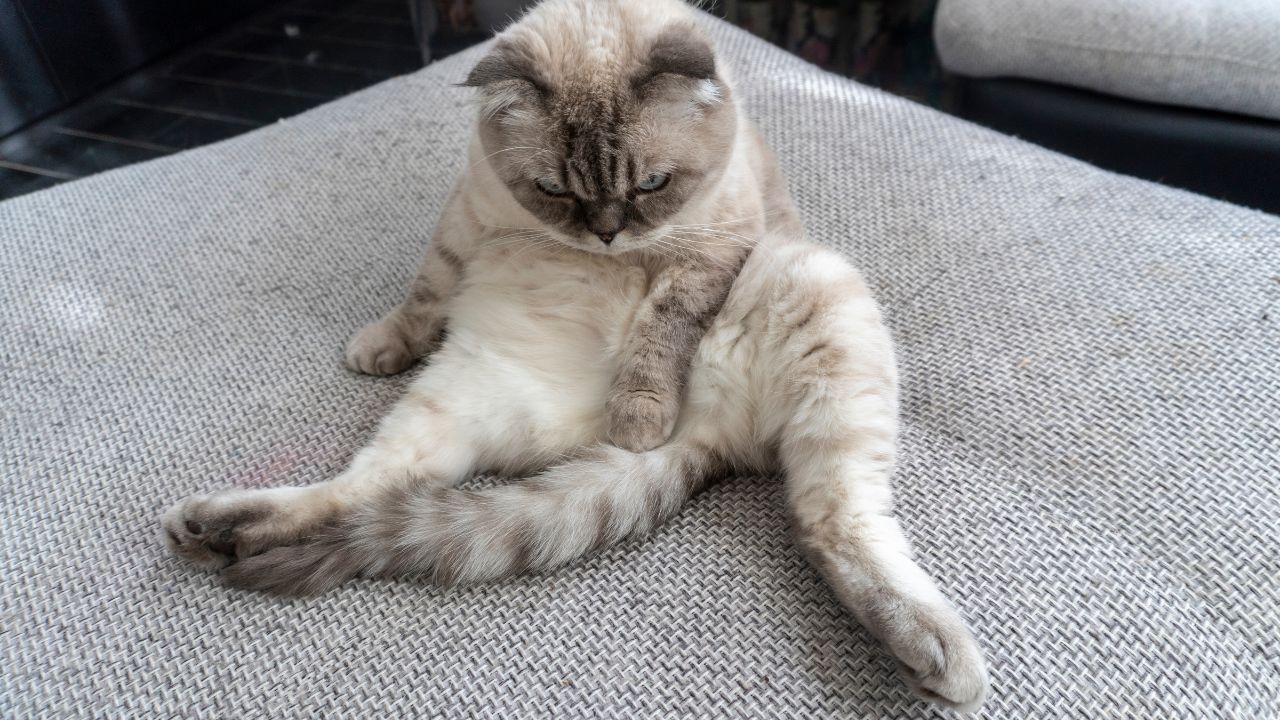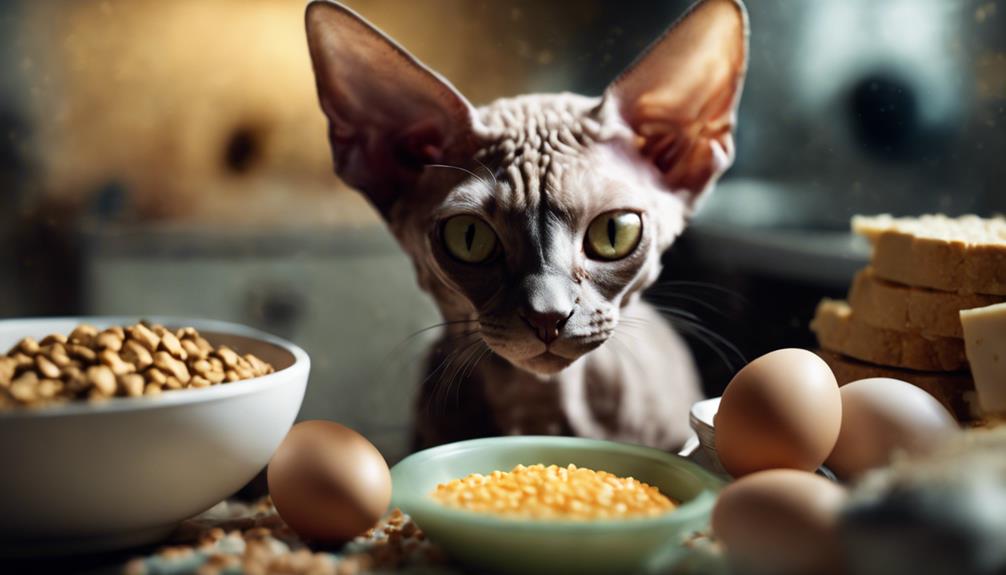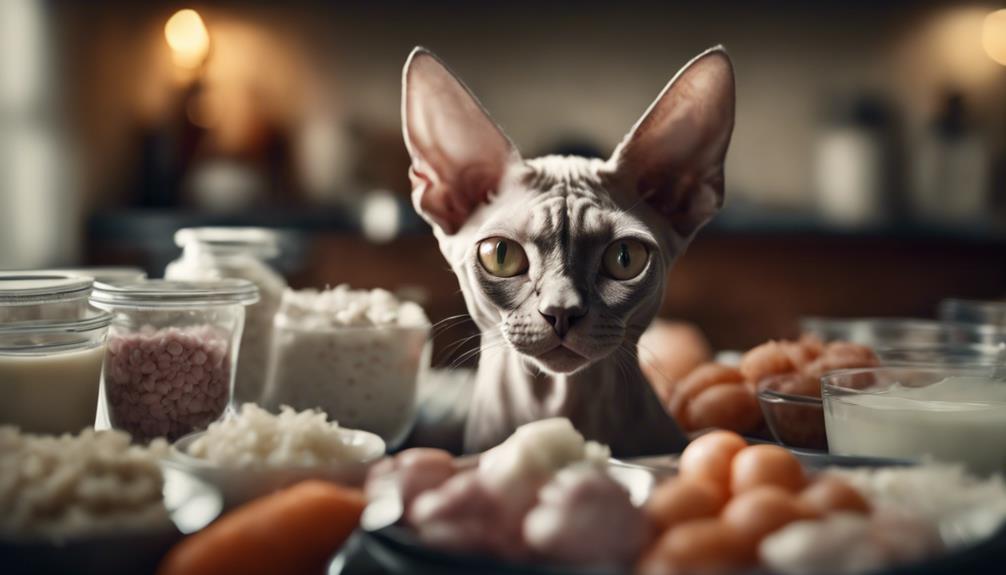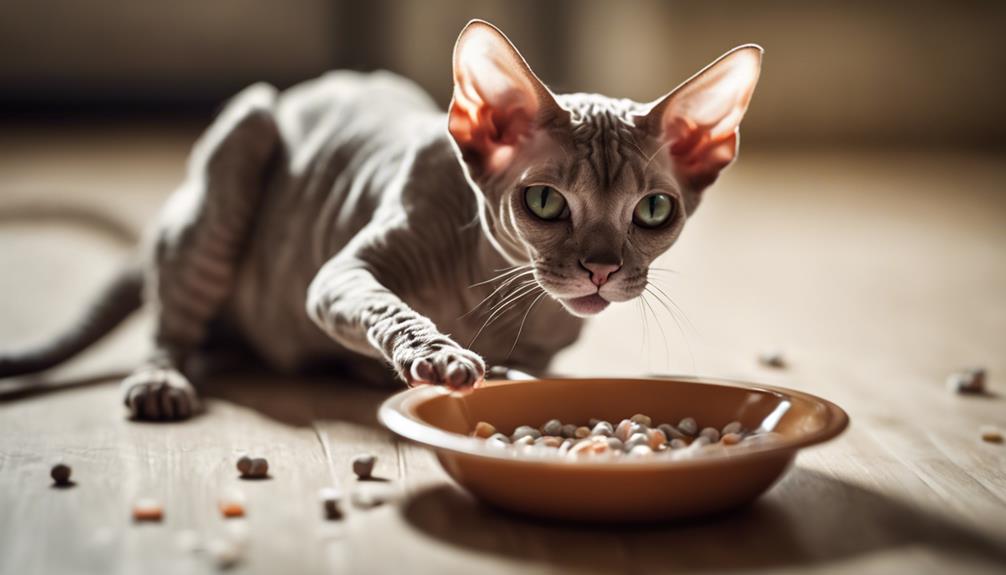Scottish Fold and Persian cats are both popular breeds that are known for their distinct physical characteristics and personalities. While they have their own unique traits, some pet owners wonder if it’s possible to breed these two breeds together. The answer is yes, Scottish Fold and Persian cats can breed together, resulting in a mixed breed called the Persian Scottish Fold.
However, breeding these two breeds together requires careful consideration and responsibility. As with any breeding, it’s important to ensure that the cats are healthy and free from genetic disorders that may be passed on to their offspring. It’s also important to find a responsible breeder who prioritizes the health and well-being of their cats and kittens. In this article, we’ll explore the topic of breeding Scottish Fold and Persian cats together, including the characteristics of the resulting mixed breed, the potential health risks, and what to look for in a responsible breeder.
Can Scottish Fold Breed with Persian Cat?
Breeding Scottish Fold and Persian cats is a topic that many cat lovers are interested in. In this section, we’ll explore whether Scottish Fold cats can breed with Persian cats, as well as the potential health concerns associated with this crossbreed.
What is a Scottish Fold Cat?
Scottish Fold cats are a unique breed known for their distinctive ears that fold forward and down. This trait is caused by a genetic mutation that affects the cartilage in their ears. Scottish Fold cats are generally friendly, affectionate, and adaptable to most households. However, they are also prone to certain health problems, including joint issues and ear infections.
What is a Persian Cat?
Persian cats are a beloved breed known for their long, luxurious coats and sweet personalities. They are generally calm and affectionate and get along well with other cats and dogs. However, they can be prone to certain health problems, including respiratory issues and eye problems.
Breeding Scottish Fold and Persian Cats
While it is technically possible for Scottish Fold cats to breed with Persian cats, it is not recommended due to the potential health concerns associated with this crossbreed. Breeding two cats with folded ears can result in offspring with severe health problems, including joint issues, ear infections, and spinal problems.
Health Concerns for Scottish Fold and Persian Cat Breeds
Both Scottish Fold and Persian cats are prone to certain health problems, and breeding them together can increase the risk of these issues. Some of the potential health concerns associated with this crossbreed include:
- Joint issues: Both breeds are prone to joint issues, and breeding them together can increase the risk of offspring developing arthritis or other joint problems.
- Ear infections: Scottish Fold cats are particularly prone to ear infections due to their folded ears, and breeding them with Persian cats can increase the risk of offspring developing this issue.
- Respiratory issues: Persian cats are prone to respiratory issues, and breeding them with Scottish Fold cats can increase the risk of offspring developing breathing problems.
- Eye problems: Persian cats are also prone to eye problems, and breeding them with Scottish Fold cats can increase the risk of offspring developing issues such as cherry eye or corneal ulcers.
In conclusion, while Scottish Fold cats can technically breed with Persian cats, it is not recommended due to the potential health concerns associated with this crossbreed. If you are considering breeding cats, it is important to do your research and work with a reputable breeder to ensure the health and well-being of the offspring.
Understanding Scottish Fold Cats
Origin and History of Scottish Fold Cats
Scottish Fold cats are a relatively new breed that originated in Scotland in 1961. The breed was discovered by a shepherd named William Ross, who noticed a cat with unusual folded ears on his farm. The cat, named Susie, had a genetic mutation that caused her ears to fold forward and downward, giving her a unique appearance. Ross bred Susie with a British Shorthair, and the resulting kittens also had folded ears, indicating that the trait was dominant. The Scottish Fold breed was officially recognized in the United States in 1978.
Appearance and Characteristics of Scottish Fold Cats
Scottish Fold cats are medium-sized cats with a round, compact body and a distinctive head shape. Their most notable feature is their folded ears, which give them a unique, owl-like appearance. Scottish Folds have short, dense fur that comes in a variety of colors and patterns. They have large, round eyes that are bright and expressive. Scottish Folds are generally well-muscled and have a sturdy, athletic build.
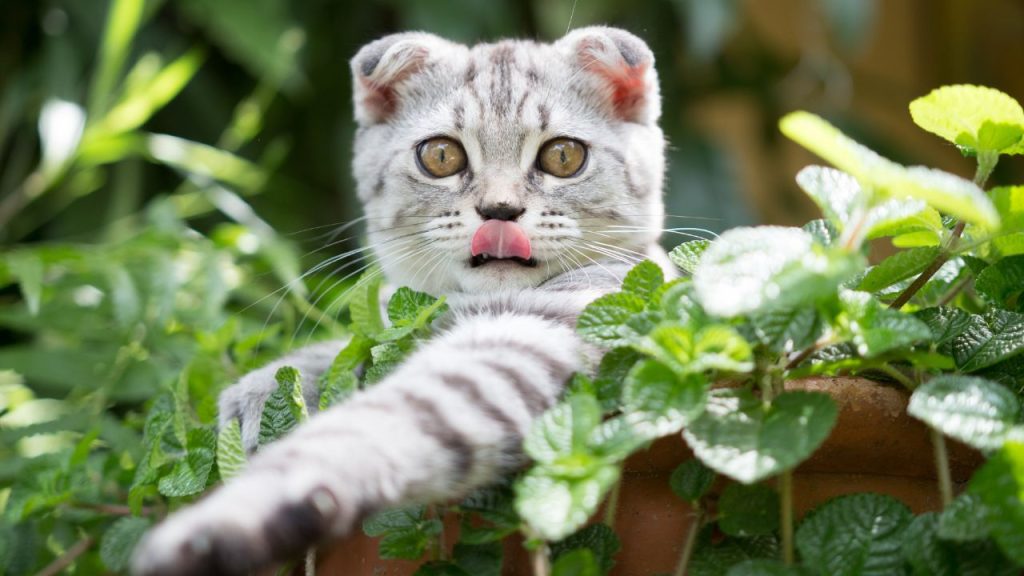
Temperament and Personality of Scottish Fold Cats
Scottish Folds are known for their sweet, affectionate personalities. They are loyal, playful, and energetic, and they love to spend time with their families. Scottish Folds are intelligent cats that are easy to train and enjoy learning new tricks. They are generally good with other pets and children, and they make excellent family pets.
Grooming and Care for Scottish Fold Cats
Scottish Folds are relatively low-maintenance cats when it comes to grooming. They have short, dense fur that needs to be brushed regularly to prevent matting and shedding. Scottish Folds also need regular nail trims and dental care to keep them healthy. Like all cats, Scottish Folds need a balanced diet that is appropriate for their age and activity level.
Scottish Folds are prone to a genetic condition called osteochondrodysplasia, which affects the development of their cartilage and can lead to arthritis and other health problems. It is important to choose a reputable breeder who tests their cats for this condition and other health issues. Scottish Folds have a life span of around 12-14 years.
In terms of price, Scottish Folds are a relatively expensive breed. Purebred Scottish Folds can cost anywhere from $1,000 to $3,000 or more, depending on their pedigree and other factors. It is important to do your research and choose a breeder who is reputable and knowledgeable about the breed.
Overall, Scottish Fold cats are a unique and beloved breed that make excellent pets for families and individuals alike. With their distinctive appearance, sweet personalities, and low-maintenance grooming needs, Scottish Folds are a great choice for anyone looking for a loyal and affectionate feline companion.
Understanding Persian Cats
If you are considering breeding a Scottish Fold with a Persian cat, it is important to have a good understanding of the characteristics and temperament of both breeds. In this section, we will explore the traits of Persian cats.
Origin and History of Persian Cats
Persian cats are one of the oldest breeds of cats in the world. They originated in Persia (modern-day Iran) and were brought to Europe in the 17th century. They quickly became popular among the wealthy and were bred for their luxurious long hair and elegant appearance.
Appearance and Characteristics of Persian Cats
Persian cats are known for their long, fluffy coats and round faces. They come in a variety of colors and patterns, including solid colors, tabby, calico, and bicolor. They have short, stocky bodies and are typically medium to large in size.
One of the defining characteristics of Persian cats is their flat faces. This feature is the result of selective breeding, and it can cause health problems in some cats. Persian cats also have long, thick nails that require regular trimming.
Temperament and Personality of Persian Cats
Persian cats are known for their calm and gentle personalities. They are affectionate and loyal to their families, but they can be shy around strangers. They are not typically very active or playful, but they do enjoy being pampered and cuddled.
Grooming and Care for Persian Cats
Persian cats require regular grooming to keep their long hair in good condition. They need to be brushed daily to prevent matting and tangles. They also need to have their nails trimmed regularly and their ears cleaned to prevent infections.
Persian cats are prone to certain health problems, including respiratory issues, eye problems, and kidney disease. It is important to take them to the vet regularly and to feed them a healthy diet to keep them healthy.
In conclusion, Persian cats are a beautiful and gentle breed that require regular grooming and care. If you are considering breeding a Scottish Fold with a Persian cat, it is important to understand the characteristics and temperament of both breeds to ensure that the offspring will be healthy and happy.

